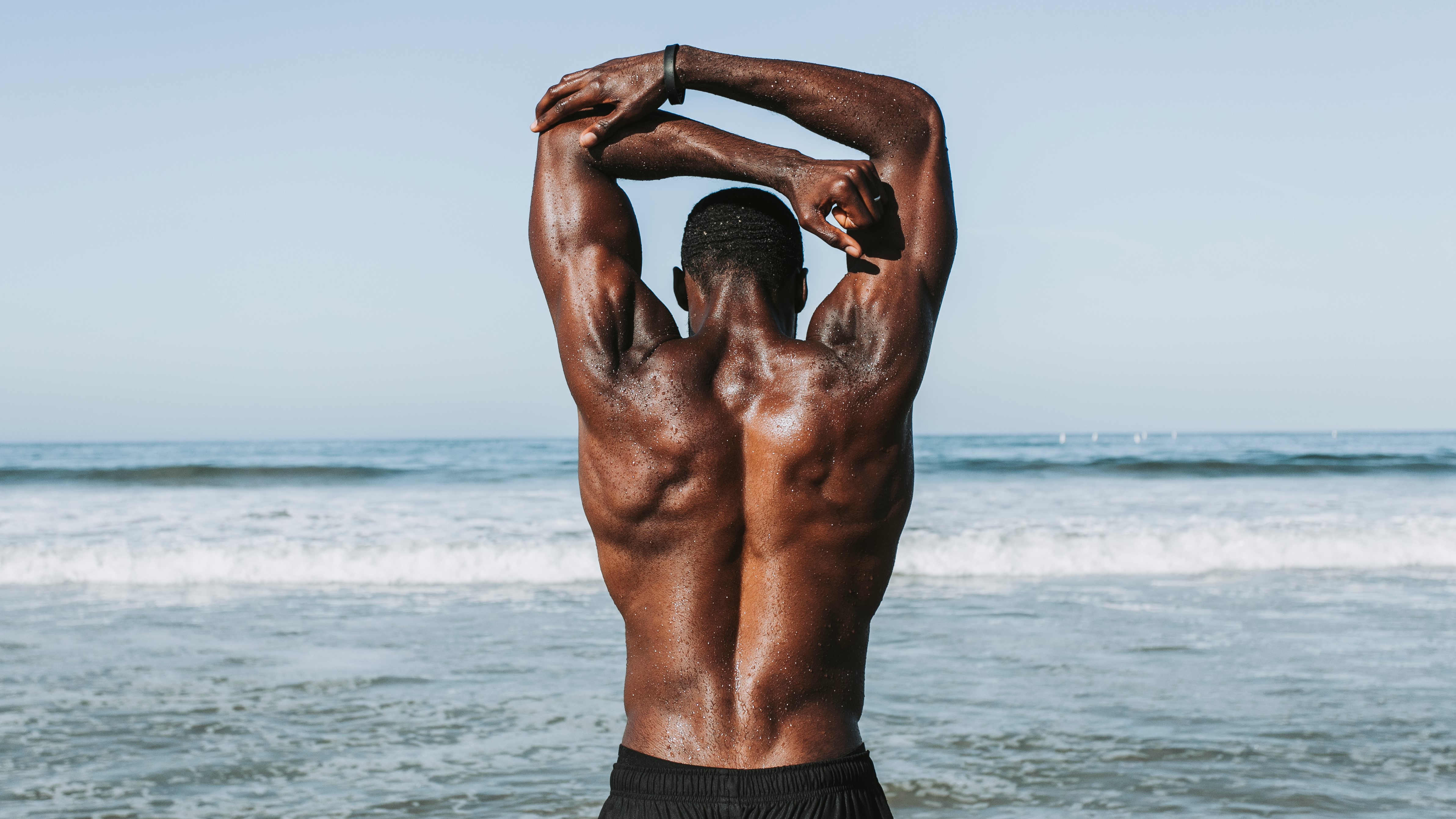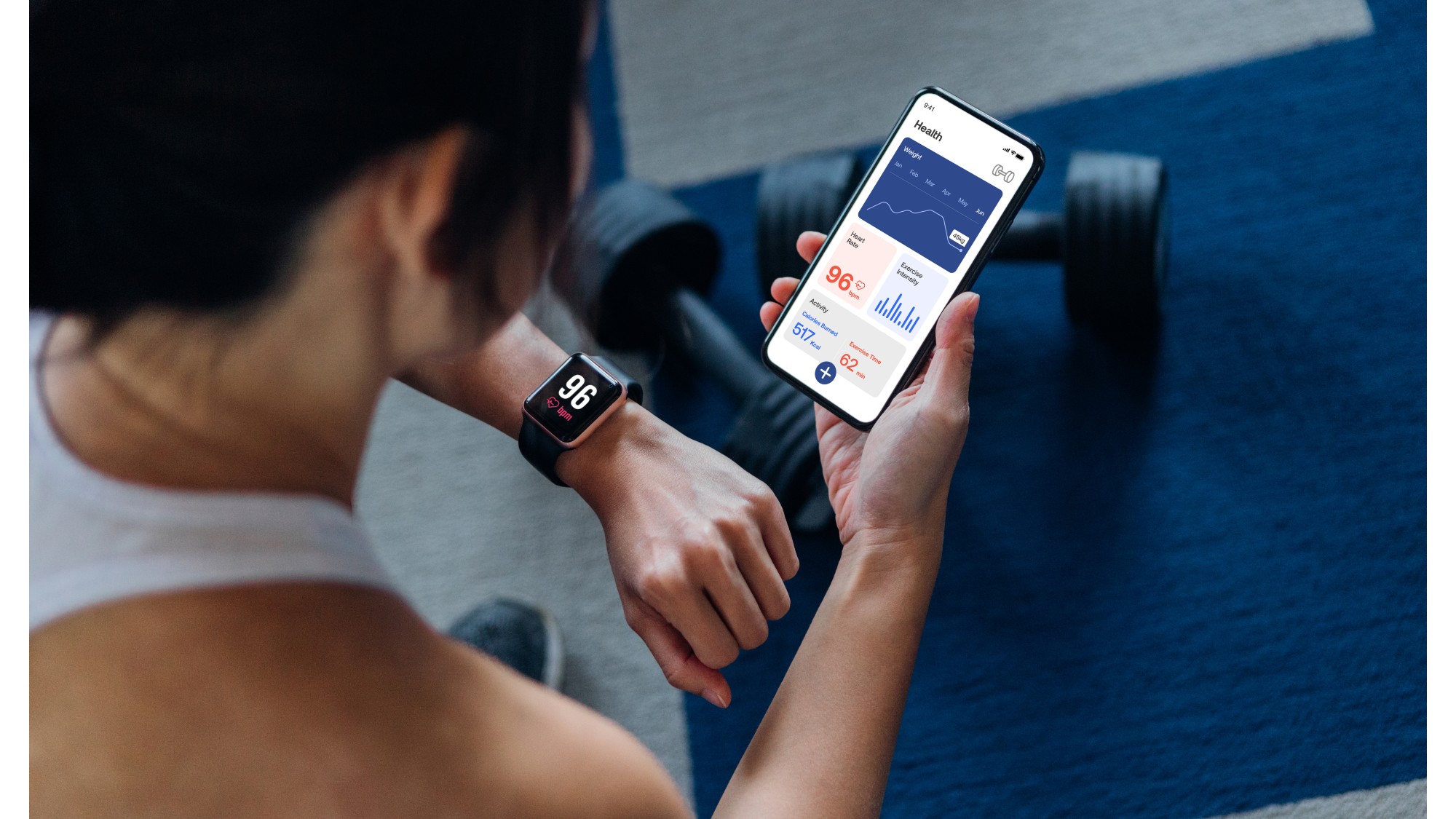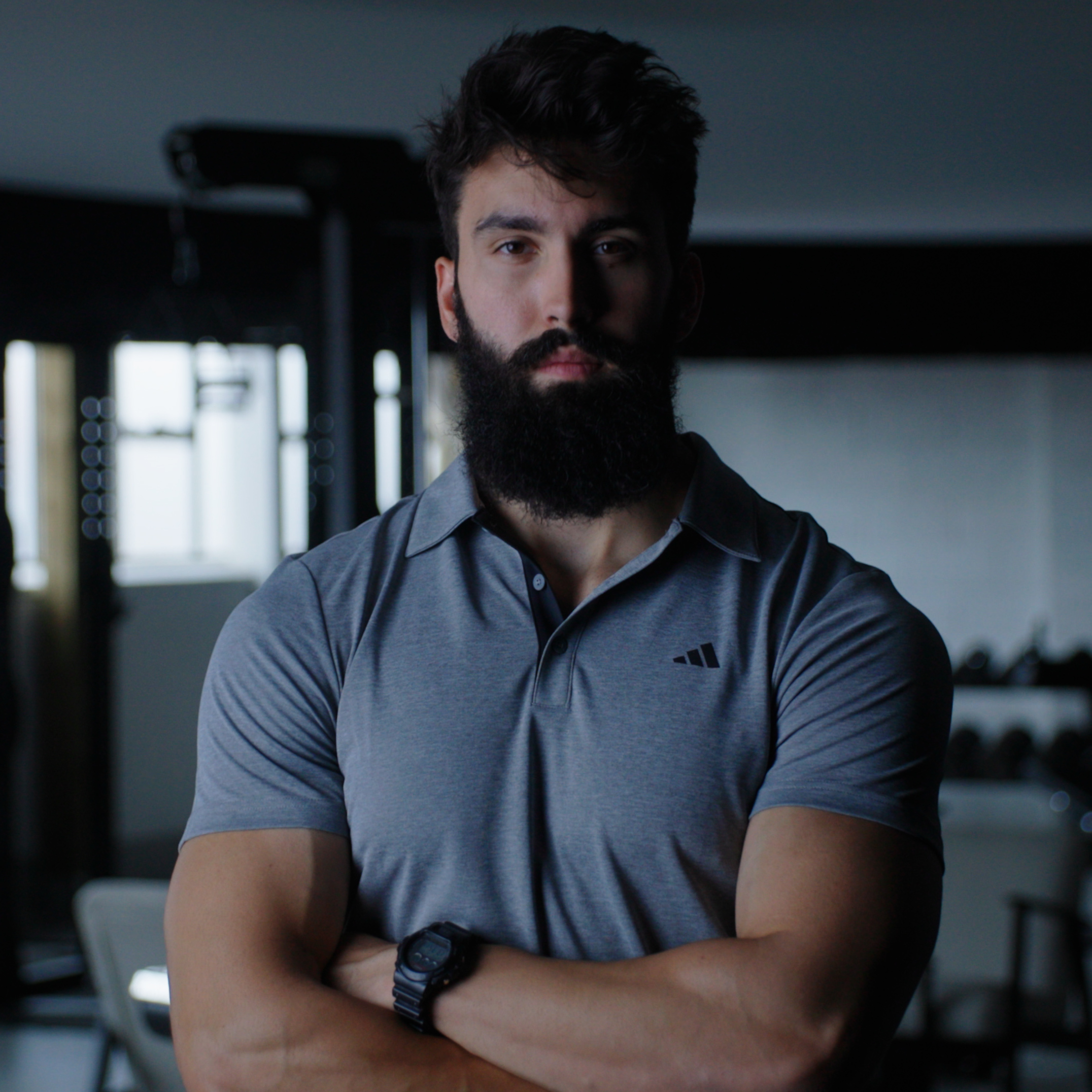A muscle building expert shares 3 simple tips to keep building muscle after 40
Strength building doesn't have an expiry date

Here at Tom’s Guide our expert editors are committed to bringing you the best news, reviews and guides to help you stay informed and ahead of the curve!
You are now subscribed
Your newsletter sign-up was successful
Want to add more newsletters?

Daily (Mon-Sun)
Tom's Guide Daily
Sign up to get the latest updates on all of your favorite content! From cutting-edge tech news and the hottest streaming buzz to unbeatable deals on the best products and in-depth reviews, we’ve got you covered.

Weekly on Thursday
Tom's AI Guide
Be AI savvy with your weekly newsletter summing up all the biggest AI news you need to know. Plus, analysis from our AI editor and tips on how to use the latest AI tools!

Weekly on Friday
Tom's iGuide
Unlock the vast world of Apple news straight to your inbox. With coverage on everything from exciting product launches to essential software updates, this is your go-to source for the latest updates on all the best Apple content.

Weekly on Monday
Tom's Streaming Guide
Our weekly newsletter is expertly crafted to immerse you in the world of streaming. Stay updated on the latest releases and our top recommendations across your favorite streaming platforms.
Join the club
Get full access to premium articles, exclusive features and a growing list of member rewards.
Getting older doesn’t mean your best training days are behind you. In fact, it can be the perfect time to build lasting strength and muscle. Whether you want to keep lifting heavier, stay injury free, or simply feel stronger in your everyday life, the right approach makes all the difference.
That’s where Dr. Milo Wolf comes in. Dr. Wolf is a published expert on muscle growth whose research has appeared in leading academic journals and informed Olympic coaches. He holds a PhD in range of motion training, is the co-founder of Myoadapt, and with a growing platform of 120k+ YouTube subscribers, he’s become a trusted voice for making sports science accessible to everyday lifters.
Here are the three key things he wants everyone over 40 to know about building strength that lasts.
1. Lift weights consistently
That's the main key: Stay active. If you lift weights, you'll be best-equipped to beat Father Time.
“The research is crystal clear: lifting weights is the single most powerful tool to build muscle and strength,” says Dr. Milo Wolf. “Even if you start ‘late’, into your 40s, 50s, 60s, 70s, or even beyond, resistance training is so potent that you will still be able to build both muscle and strength.”
“In fact, researchers have argued that the primary causes of losing your hard-earned gains — what we refer to as 'sarcopenia' in the science — are a sedentary lifestyle and malnutrition,” he adds. These are two things you can take action on and build consistency around.
Wolf also highlights evidence from studies on masters athletes. One study of men and women aged 40 to 81 found no significant decline in lean muscle mass or quadriceps strength among those who trained consistently. “And that is the main key,” Wolf says. “Stay active. If you lift weights, you will be best equipped to beat Father Time.”
2. Increase your protein intake
This is something we hear fitness experts saying again and again, but the advice holds weight, which Wolf goes into.
Get instant access to breaking news, the hottest reviews, great deals and helpful tips.
“Everyone knows protein intake is important, but it's doubly important for older gym-goers,” says Dr. Wolf. “Research shows that as your body ages, your muscles become less sensitive to the muscle-building effects of protein. The result? All else being equal, older athletes need more protein than their younger counterparts.”
Wolf says that aiming for 1.6 grams of protein per kilogram of bodyweight is a good baseline, but also notes more recent research indicates that intakes closer to 2.3 grams could be even more effective for maintaining muscle and strength into your 40s and beyond.

With new studies emerging all the time, it’s easy to get caught up in conflicting advice, but the broader body of evidence consistently supports higher protein intakes as beneficial for muscle health. The key is to focus on long-term habits and aim for a level of protein that you can sustain day to day.
Wolf emphasizes the importance of spreading protein evenly across the day and to not make the mistake of having a protein-less breakfast, either. According to Wolf, "it's a great opportunity to stimulate muscle growth that most miss.”
Of course, everyone’s dietary needs are different. If you are thinking about making significant changes to your protein intake or overall diet, speak to a doctor or a qualified nutrition professional to find the approach that works best for you.
3. Listen to your body

Wolf highlights that “the principles of 'consistently lift weights, consume sufficient protein and calories, eat healthily, manage sleep and stress' apply to humans of any age seeking to gain muscle and strength.”
However, older adults may be dealing with more aches and pains and a slightly slower recovery. “What does that mean? Listen to your body and adapt your workout routine accordingly. If a given exercise seems to consistently elicit a painful reaction, don’t be afraid to substitute it with a similar exercise that doesn’t."
Similarly, "If you notice that your performance in the gym is stagnating, and your workouts are already difficult, the answer isn’t pushing harder — it’s listening to your body and reducing your intensity,” Wolf adds.
Many of the best fitness trackers can also help with this, by monitoring factors like sleep, stress, and recovery to give you a clearer picture of when it might be wise to dial things back.
A friendly reminder: paying attention to your body also means seeking professional guidance when needed. If you are unsure about exercise modifications or are dealing with persistent pain, consult a qualified trainer, physiotherapist, or medical professional.
Follow Tom's Guide on Google News to get our up-to-date news, how-tos, and reviews in your feeds. Make sure to click the Follow button.
More from Tom's Guide
- Unlock Mobility: Try This Quick 15-Minute Yoga Flow to Ease Stiffness and Tension
- I sit at a desk all day, and this is the 1 kettlebell exercise I swear by to boost my upper body mobility and build shoulder strength
- This simple walking change could help reduce your knee pain — here’s what the science says

Jessica has been a fitness writer at Tom’s Guide since 2023, bringing three years of experience writing about health, fitness, and the great outdoors. Her passion for exercise began during her childhood, where she spent weekends hiking and competing in local athletics club events. After earning a master’s degree in journalism from Cardiff University, Jessica found the perfect way to combine her love of storytelling and fitness into a career.
Jessica is passionate about testing fitness gear and tech, using her reviews to help readers make informed buying decisions. She ran her first marathon in April 2024, finishing it in 3 hours and 48 minutes. Through her training, she’s developed a deep understanding of what it takes to grow as a runner, from effective workouts and recovery techniques to selecting the right gear for every challenge.
When she’s not at her desk, Jessica enjoys spending time in the kitchen crafting new recipes, braving cold water swims and hiking.
You must confirm your public display name before commenting
Please logout and then login again, you will then be prompted to enter your display name.
 Club Benefits
Club Benefits











